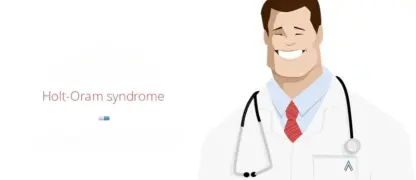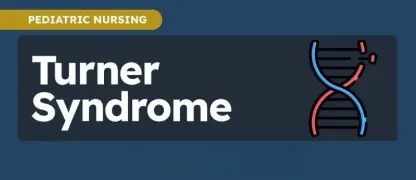Noonan Syndrome is a rare genetic condition that affects growth, facial features, and heart health. Learn about its causes, symptoms, and treatments here.
What are the main causes of Noonan Syndrome?
- Noonan Syndrome is primarily caused by mutations in genes such as PTPN11, SOS1, RAF1, and RIT1, which disrupt normal cell growth and development in children.
- The disorder can occur sporadically without family history due to new genetic mutations arising during early fetal development.
- In some cases, Noonan Syndrome is inherited from a parent in an autosomal dominant pattern, meaning a single mutated gene can cause the condition.

Noonan syndrome symptoms recognition guide
>>> Understand more about: Ehlers-Danlos Syndrome (Vascular Type) key symptoms
Key symptoms of Noonan Syndrome to watch for
- Children with Noonan Syndrome often exhibit distinctive facial features such as wide-set eyes, low-set ears, and a short neck, noticeable from infancy.
- Heart defects are common, including pulmonary valve stenosis or hypertrophic cardiomyopathy, which may require medical monitoring or surgical intervention.
- Other signs include short stature, delayed development, skeletal anomalies, and bleeding disorders due to abnormal platelet function.
How can you prevent Noonan Syndrome effectively?
- Currently, there is no guaranteed prevention for Noonan Syndrome, but genetic counseling is crucial for families with a history of the disorder.
- Prenatal genetic testing can help detect mutations associated with Noonan Syndrome, allowing parents to make informed healthcare decisions.
- Regular medical follow-up and early interventions for heart defects, growth delays, and developmental issues improve outcomes for affected children.
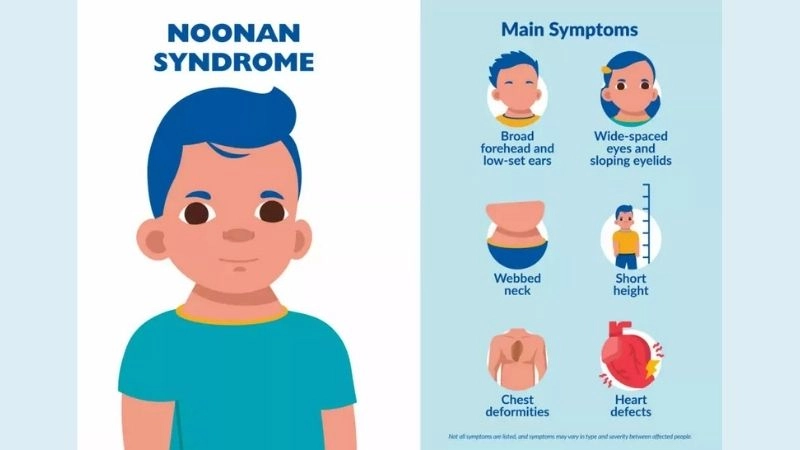
Noonan syndrome causes and risk factors
>>> Understand more about: Ehlers-Danlos Syndrome (Vascular Type) key symptoms
Images visual examples of Noonan Syndrome
Children with Noonan Syndrome often have characteristic facial features, short stature, and noticeable heart conditions, which can be illustrated in medical imaging and clinical photography for educational purposes.
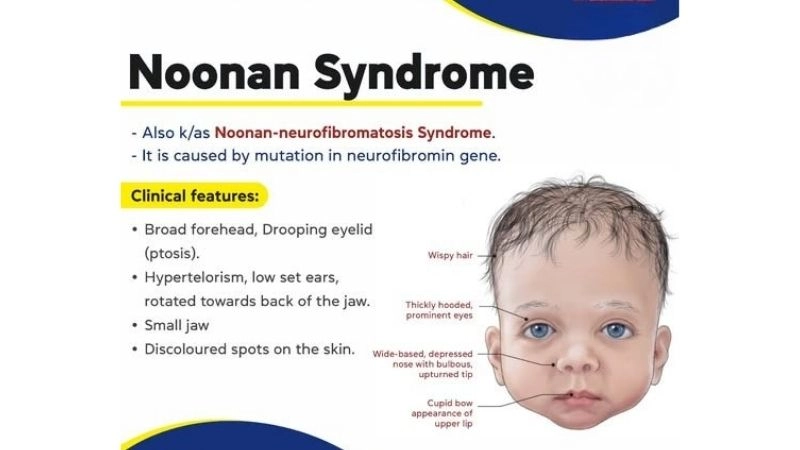
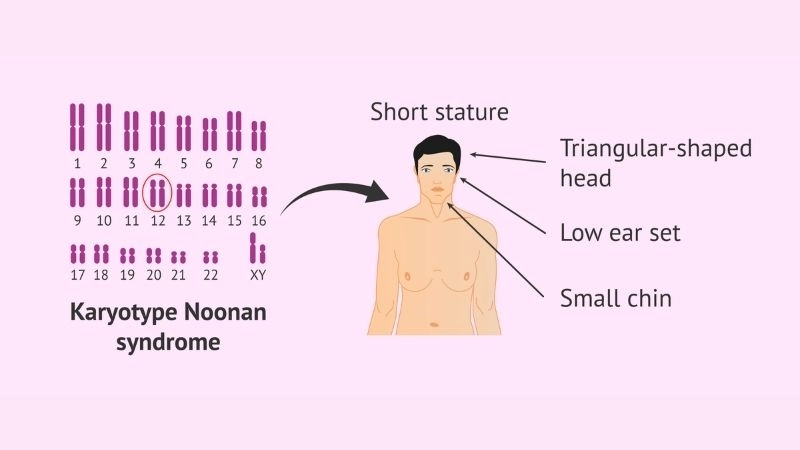
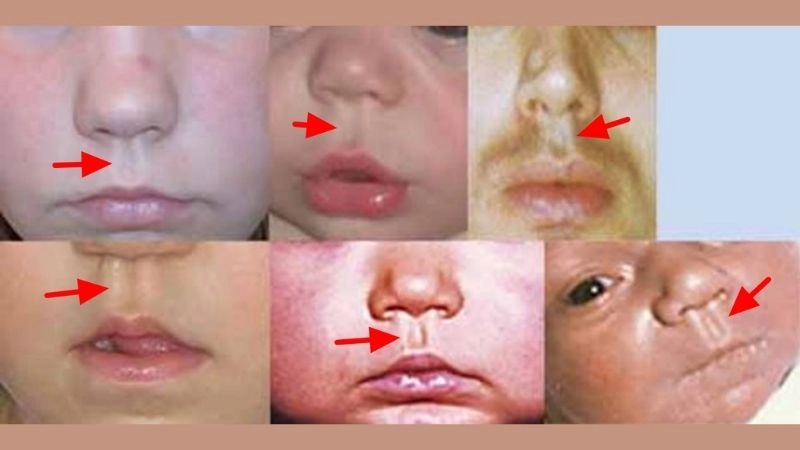
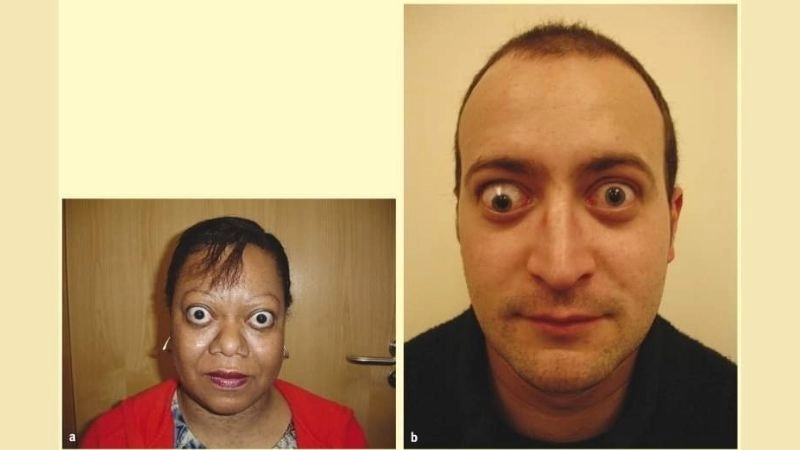

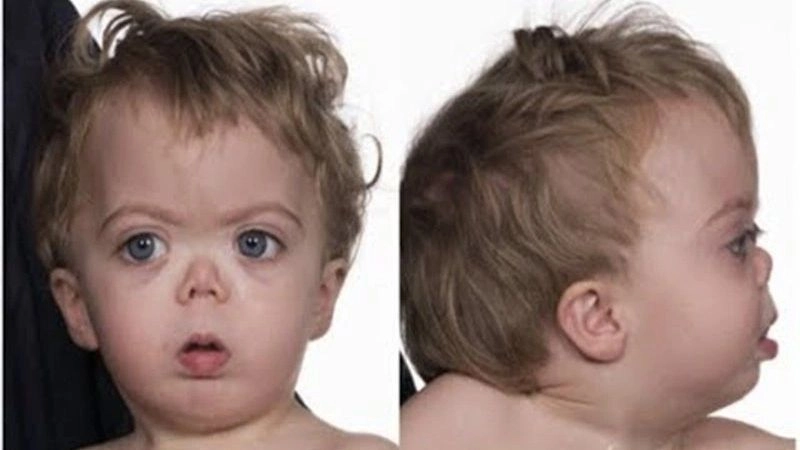

>>> Understand more about: Turner syndrome (associated heart defects) latest research
Noonan Syndrome requires early diagnosis and proper care to improve quality of life. Awareness of symptoms and treatments can support better management.



